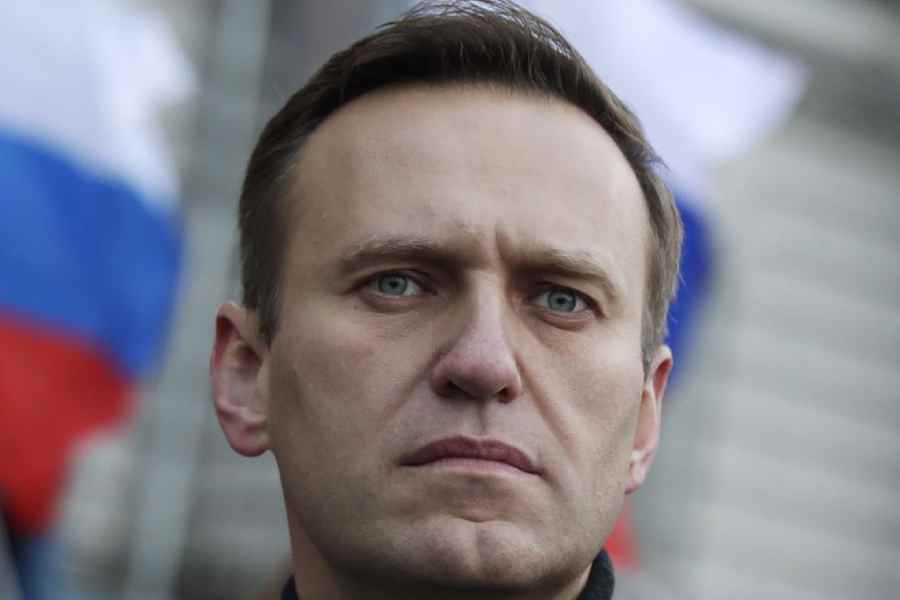The Russian authorities have transferred the body of the opposition leader Aleksei A. Navalny to his mother, his spokeswoman said on Saturday, ending a grim battle for custody of his remains, but it is unclear whether he will get a funeral that the public can attend.
“Aleksei’s body has been handed over to his mother,” Navalny’s spokeswoman, Kira Yarmysh, said in a statement posted on social media. “The funeral is yet to come. We don’t know whether the authorities will interfere with carrying it out in the way the family wants and as Aleksei deserves.”
Navalny’s mother, Lyudmila Navalnaya, on Saturday was still in the northern city of Salekhard, near the Arctic prison where Navalny was reported to have died on February 16, Yarmysh said.
Navalny’s family and aides have accused the Russian authorities of keeping his body hostage and “blackmailing” his mother into agreeing to bury him in secret.
On Friday, Yarmysh said that officials in Salekhard had given Navalnaya an ultimatum demanding that she assent to such a secret funeral within three hours, or else that he would be buried on prison grounds.
That deadline passed on Friday evening without any new information from Navalny’s aides. The Russian authorities have not commented on the Navalny team’s version of events. The circumstances of Navalny’s death remain unclear; according to Yarmysh, Navalnaya received a medical report earlier this week that said he had died of natural causes.
The news that Navalnaya, 69, received custody of the body suggested that the Russian authorities had relented after a days-long social media campaign by Navalny’s team.
On Saturday, Navalny’s widow, Yulia Navalnaya, 47, released a six-minute YouTube video denouncing President Vladimir V. Putin of Russia for maligning the Christian values he professes as he “mocks Aleksei’s mother and forces her to agree to a secret funeral”.
The question now is how Navalny’s funeral will take shape.
The dispute over custody of his body appears to reflect the Kremlin’s fears about a public funeral in Moscow turning into a focal point for protest.
New York Times News Service










